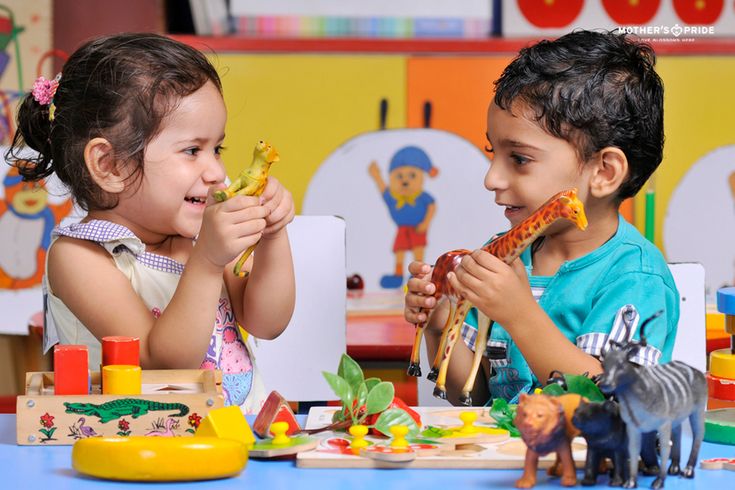Ever find yourself rushing through the morning, juggling breakfast, school prep, and homework help, all while thinking, “Why does everything feel so rushed?” If you’ve ever wished your child could be more organised or wondered how to help them manage their time better, you’re not alone!
Parents often feel overwhelmed balancing school schedules, extracurricular activities, and even screen time. But here’s the good news: teaching time management to kids doesn’t have to be stressful. Whether your child is just starting to understand routine or managing schoolwork and hobbies, there are simple ways to help them learn time management skills that fit into your busy household.
Let’s explore practical steps you can take to teach your child the value of time at every stage of their development.
1. Ages 2-4: Introducing Time through Routine and Play
At this young age, children don’t fully grasp what time is, but you can start introducing the concept through daily routines and playful activities.
• Establish Predictable Routines: Set a consistent schedule for meals, naps, and playtime. This structure helps toddlers feel secure and teaches them that certain activities happen at specific times.
Example: Breakfast at 8 AM, playtime at 10 AM, and naptime at 1 PM. Keeping this consistent helps toddlers begin to understand "what comes next."
• Use Visual Aids: Kids at this age may not understand clocks yet, but they can recognize pictures. Use colourful charts with symbols like a sun for wake-up or a moon for bedtime.
Pro Tip: A sand timer or a playful kitchen timer can make chores or clean-up fun. Tell your toddler, “When the sand runs out, it’s time to put toys away!”
• Teach Time Language: Start using phrases like “soon,” “later,” or “in five minutes.” Over time, toddlers will begin to understand these concepts, which helps with the idea of waiting or anticipating activities.
2. Ages 5-7: Learning Time with Clocks and Simple Tasks
As your child grows, they’ll start to develop a better sense of time. This is a great age to introduce clocks and structured activities.
• Introduce the Clock: Around age 5, kids are ready to start learning to tell time. Use a colourful analogue clock with large, readable numbers to teach them.
Tip for Parents: Make it a game! Ask them to guess what time it is before checking the clock. Reward them with praise or a fun sticker when they get it right.
• Set Time Limits for Tasks: At this age, children can begin understanding the concept of finishing tasks within a set time. For example, “You have 15 minutes to finish your snack” or “We’ll read this story for 10 minutes before bed.”
Fun Activity: Use a timer to track how long it takes to complete tasks like getting dressed or tidying up. This helps children visualise time and be mindful of how long activities last.
• Use a Calendar: Introduce the days of the week and months by marking down important dates like birthdays or school events. Kids enjoy counting down days to special activities, and it teaches them to think ahead.
3. Ages 8-10: Developing Time Awareness and Prioritization
At this age, children start balancing schoolwork, hobbies, and play. It’s the perfect time to teach them how to manage their time more efficiently.
• Create a Simple To-Do List: Help your child break their day into small, manageable tasks, like homework, chores, and play. Start with 2-3 items and gradually increase the list as they grow.
Engagement Tip: Let them create their own to-do list with colourful markers or stickers to make it more fun!
• Introduce Time Blocks: Help them assign specific time blocks for tasks. For instance, “We’ll spend 30 minutes on homework, then take a 15-minute break.” This helps them balance focus with relaxation.
• Teach Prioritization: Guide your child in understanding the difference between urgent tasks (homework) and less urgent ones (watching TV). This is an important skill when balancing schoolwork and extracurricular activities like music or sports.
Example: “Let’s finish homework first, and then you can go outside to play for an hour.”
4. Ages 11 and Up: Independent Time Management
As children grow into their pre-teen and teenage years, their schedules get more complex. Teaching them to manage their own time is essential at this stage.
• Use a Planner or Digital Calendar: Introduce them to planners or mobile apps to keep track of school projects, extracurricular activities, and social events. Managing a busy schedule is a valuable skill, especially when balancing studies with hobbies and social life.
Pro Tip: Encourage them to set reminders for important tasks. This helps build responsibility and independence.
• Set Long-Term Goals: Help your child work toward bigger goals, such as preparing for exams or mastering a new skill. Break these goals into smaller, daily or weekly tasks to make them more achievable.
• Teach Time Reflection: At the end of the day, ask your child to think about how they spent their time. Did they finish tasks on time? Did they have enough time to relax? This helps them become more mindful of their time management and make improvements where needed.
Conclusion: Setting Your Child Up for Success
Teaching time management isn’t about enforcing rigid schedules—it’s about empowering your child to use their time wisely. By gradually introducing time management skills at every stage of their development, you’re preparing them to handle school, hobbies, and even relaxation in a balanced way.
Start with simple routines, build time awareness through fun activities, and nurture independence as they grow. With your guidance, your child will not only manage their time well but also develop self-discipline and responsibility—skills that will serve them for a lifetime.
And in today’s fast-paced world, isn’t that exactly what we want for our children?









